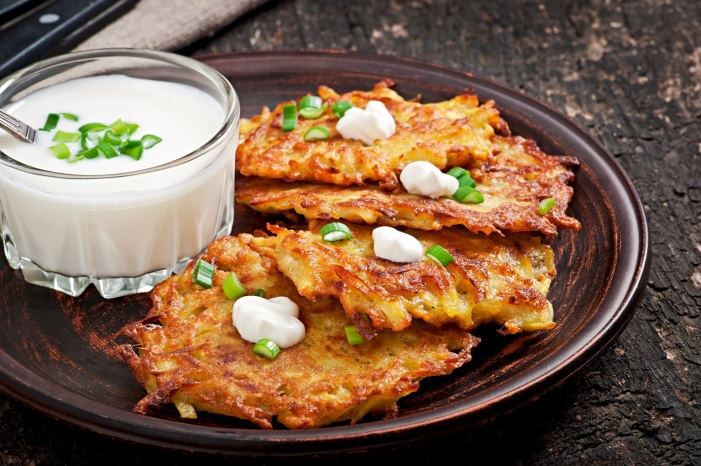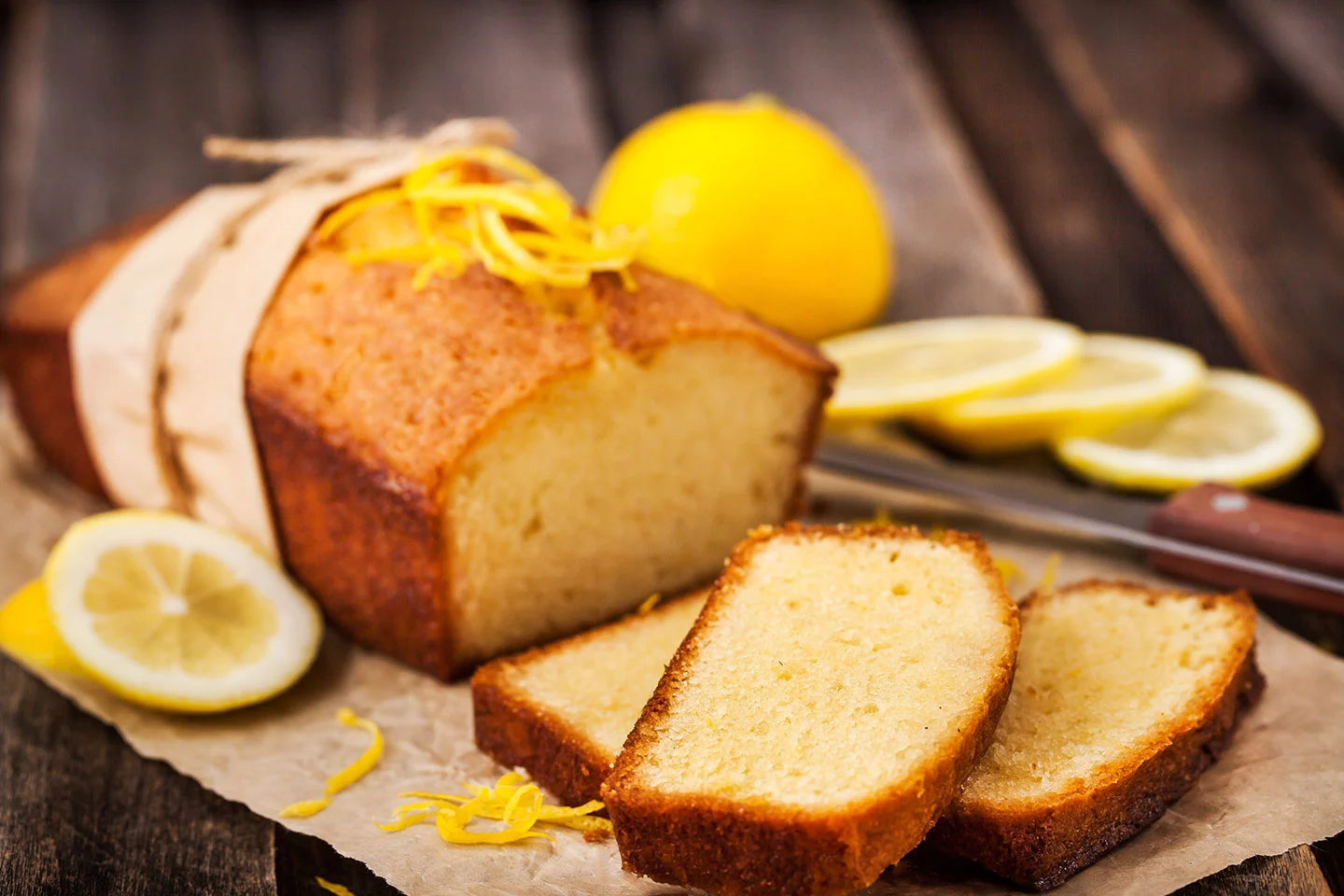Pregnancy is a remarkable journey filled with excitement and anticipation, but it also comes with the responsibility of making wise dietary choices. The foods a pregnant woman consumes have a direct impact on her health and the well-being of her growing baby. While it’s essential to focus on a nutritious diet, it’s equally crucial to be aware of foods that pregnant women should avoid to ensure a healthy and safe pregnancy. In this comprehensive guide, we will explore these dietary restrictions, offering insights into why these foods are discouraged during pregnancy and alternatives that can be embraced for a healthier pregnancy.
Raw or Undercooked Seafood and Fish
Pregnant women are often advised to avoid raw or undercooked seafood and fish due to the risk of foodborne illnesses. Seafood such as sushi, sashimi, and oysters can harbor harmful bacteria, viruses, and parasites that may lead to infections like listeria or salmonella. These infections can be particularly dangerous during pregnancy, as they can harm both the mother and the developing fetus.
Instead, opt for fully cooked seafood and fish to eliminate the risk of foodborne illnesses. Cook fish until it flakes easily with a fork, and avoid high-mercury fish like shark, swordfish, king mackerel, and tilefish, which can negatively affect the baby’s nervous system.
High-Mercury Fish
Mercury is a toxic metal found in varying levels in different types of fish. Pregnant women should limit their consumption of high-mercury fish to prevent potential harm to the developing baby’s nervous system. In addition to shark, swordfish, king mackerel, and tilefish, certain types of tuna, particularly albacore tuna, can have elevated mercury levels.
Instead, choose low-mercury fish like salmon, shrimp, and catfish, which are rich in essential nutrients such as omega-3 fatty acids and protein without the mercury-related risks.
Raw Eggs and Foods with Raw Eggs
Raw or undercooked eggs should be avoided during pregnancy due to the potential risk of salmonella infection. This includes foods like homemade Caesar dressing, homemade mayonnaise, and certain desserts like tiramisu that contain raw or partially cooked eggs.
Opt for pasteurized egg products or choose commercial products like mayonnaise and salad dressings that do not use raw eggs in their preparation. Pasteurization kills harmful bacteria while retaining the nutritional benefits of eggs.
Unpasteurized Dairy Products
Unpasteurized milk and dairy products, such as soft cheeses like feta, Brie, Camembert, and queso fresco, should be avoided by pregnant women. These products can carry harmful bacteria like listeria, which poses a higher risk during pregnancy.
Instead, choose pasteurized dairy products, which have been heat-treated to eliminate harmful bacteria while preserving essential nutrients like calcium and protein. These products are safe to consume during pregnancy.
Deli Meats and Hot Dogs
Deli meats and hot dogs can be contaminated with listeria and other harmful bacteria, making them risky choices for pregnant women. Listeria infection during pregnancy can lead to severe complications, including miscarriage, premature birth, or stillbirth.
If you crave deli meats or hot dogs, heat them until they are steaming hot before consumption to reduce the risk of bacterial contamination. Alternatively, consider plant-based or vegetarian options that do not carry these risks.
Unwashed Fruits and Vegetables
While fruits and vegetables are essential components of a healthy diet for pregnant women, it’s crucial to ensure that they are thoroughly washed to remove potential contaminants like pesticides and harmful bacteria. Consuming unwashed produce can increase the risk of foodborne illnesses, affecting both the mother and the baby.
To reduce these risks, wash all fruits and vegetables under running water before consumption, and consider using a scrub brush for items with thick skins, like potatoes or melons. Organic produce may also be a preferred option as they often have fewer pesticide residues.
Excessive Caffeine
While moderate caffeine consumption is generally considered safe during pregnancy, excessive intake should be avoided. High levels of caffeine can lead to complications such as miscarriage or preterm birth. Additionally, caffeine can cross the placenta and affect the baby’s developing nervous system, leading to sleep disturbances and irritability.
Pregnant women are advised to limit their daily caffeine intake to around 200-300 milligrams, which is roughly equivalent to one 12-ounce cup of coffee. Be mindful of other sources of caffeine, such as tea, soft drinks, and chocolate, and factor them into your daily total.
Unwashed or Undercooked Sprouts
Sprouts, including alfalfa, mung bean, and clover sprouts, can be prone to bacterial contamination, including salmonella and E. coli. Pregnant women should avoid consuming raw or lightly cooked sprouts to reduce the risk of foodborne illnesses.
Cooking sprouts thoroughly can help eliminate potential pathogens. Ensure that sprouts are heated to a temperature that kills any harmful bacteria before incorporating them into your meals.
High-Sugar and Empty-Calorie Foods
Pregnancy is a time when proper nutrition is crucial for the health of both the mother and the baby. High-sugar and empty-calorie foods, such as sugary snacks, candies, and sugary beverages, should be limited or avoided as they provide little nutritional value and can lead to excessive weight gain and gestational diabetes.
Instead, focus on nutrient-dense foods like fruits, vegetables, whole grains, lean proteins, and dairy products to ensure that both you and your baby receive the essential vitamins and minerals necessary for a healthy pregnancy.
Alcohol
Alcohol consumption during pregnancy is widely discouraged due to the potential risks it poses to the developing fetus. Drinking alcohol during pregnancy can lead to fetal alcohol syndrome (FAS), a condition associated with developmental and intellectual disabilities, as well as physical abnormalities.
The safest option during pregnancy is to abstain from alcohol entirely. If you have concerns or require support to stop drinking, consult with a healthcare professional who can provide guidance and resources.
Unwashed Hands and Cross-Contamination
While not a specific food item, the importance of practicing good hygiene and preventing cross-contamination cannot be overstated during pregnancy. It’s essential for pregnant women to wash their hands thoroughly before handling and preparing food. Cross-contamination between raw and cooked foods should also be avoided to prevent the spread of harmful bacteria.
Additionally, ensure that cutting boards, utensils, and kitchen surfaces are cleaned and sanitized regularly to reduce the risk of foodborne illnesses.
Conclusion
Pregnancy is a time of immense joy and anticipation, and it’s vital for expectant mothers to make informed dietary choices that prioritize the health and well-being of both themselves and their developing babies. While enjoying a balanced and nutritious diet is crucial, avoiding certain foods is equally important to prevent potential risks and complications during pregnancy.


























